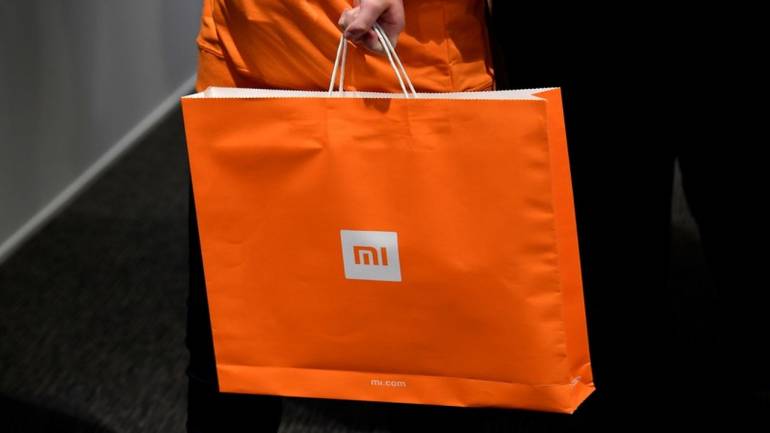Chinese smartphone maker Xiaomi misses estimates as competition hots up at home
Aug 21, 2019

The company is weathering a bleak domestic smartphone market as economic growth in China slows and Chinese consumers rally in support of beleaguered rival Huawei.
China's Xiaomi Corp reported 15% growth in quarterly revenue on August 20, missing estimates, as fewer people bought smartphones at home and rival Huawei grabbed market share.
The company is weathering a bleak domestic smartphone market as economic growth in China slows and Chinese consumers rally in support of beleaguered rival Huawei.
Xiaomi's stock has lost more than a quarter of its value so far this year.
The company's revenue in the second quarter ended June 30 rose to 51.95 billion yuan ($7.36 billion) from 45.24 billion a year earlier.
That was short of the 53.52 billion expected by analysts, Refinitiv data showed.
Net income slumped 87% to 1.96 billion yuan. Still, adjusted profit of 3.64 billion yuan beat the 2.74 billion expected by analysts.
Xiaomi said total smartphone shipments in the second quarter rose to 32 million.
Huawei's market share in China surged by 31% in the June quarter, according to market research firm Canalys, while Xiaomi's share shrank plunged by a fifth. But Canalys reckons Xiaomi's shipments to Europe surged 48%.
The company, which listed last year, gets the majority of its revenue from mobile handsets, but also makes money selling online ads and other consumer devices.
Huawei has received a lot of support from Chinese customers who are buying the company's phones after it was blacklisted by the United States, limiting access to U.S. components and technology.
DIVERSIFICATION
Xiaomi's internet services unit, which makes money primarily by placing ads across various apps, accounted for 8.8% of its revenue, flat from one year prior.
When Xiaomi listed in July 2018, executives touted the business unit as key to the company's continued growth.
On an earnings call, leaders instead highlighted the company's so-called "AIoT" strategy, short for "Artificial Intelligence of Things," in which it invests in artificial intelligence and smart home devices.
The firm has invested in several companies making semiconductors or other key hardware components, trying to emulate the success of Huawei's HiSilicon semiconductor division.
In the second quarter, Xiaomi funded Verisilicon, a Shanghai-based chip design firm. It also invested in Bestechnic, which designs chips for audio devices.
Several of the companies in which Xiaomi has invested had recently listed on China's newly-opened STAR market, including scooter-maker Ninebot, which acquired the Segway brand in 2015.
Xiaomi's chief financial officer Chew Shou Zi said the investments stem in part from the company's hopes to build a "Chinese supply chain", while improving its internal research and development abilities.
Source: moneycontrol